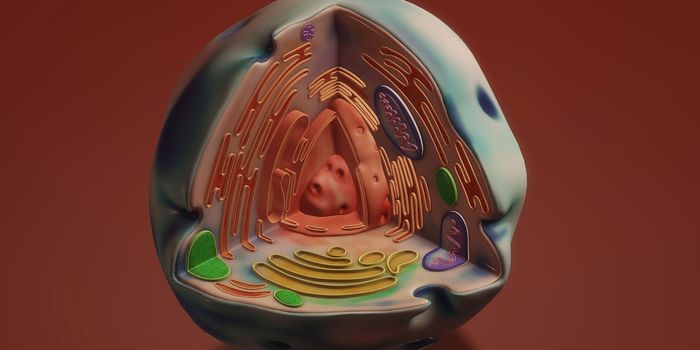
A common reaction to learning you have cancer is shock. A person's struggle with the diagnosis and the subsequent treatment often triggers depression. According to the American Cancer Society, 1 in 4 people with cancer have clinical depression.
Even after the person recovers from their cancer, the depressive symptoms often stay. Even years after treatment, cancer survivors often battle a depression that interferes with the quality of a life they fought to live. It "puts survivors at risk for poor outcomes, including death," said psychologist Heiddis Valdimarsdottir, assistant professor of oncological sciences at Icahn School of Medicine at Mount Sinai.
Now, research shows that light therapy decreased depressive symptoms among cancer survivors and normalized their circadian rhythms.
Systematic light exposure, or light therapy, is often used to treat seasonal depression. A light therapy patient looks indirectly into a full-spectrum bright white light on a daily basis. Light therapy has also been proven effective in treating nonseasonal depression, bipolar disorder, and circadian rhythm disorders.
Valdimarsdottir, along with a team of researchers, wanted to find whether light therapy would help cancer survivors struggling with depression. They recruited 54 survivors and instructed them to use a light for 30 minutes every morning for four weeks. The participants were randomly divided into two groups. One group used the Litebook®, a light therapy lamp that emits 10,000 lux at 20 to 24 inches. The other group used a dim red light. The researchers assessed the participants at the beginning of the study, 2-weeks into the study, at the end of the 4-week light therapy period, and three weeks after the completion of their therapy.
Patients who used the Litebook® experienced an improvement in their depression symptoms. The other group did not experience any changes in their symptoms. The white light also normalized circadian rhythms.
"Our findings suggest light therapy, a rather non-invasive therapy, may provide an innovative way to decrease depression among cancer survivors," said William Redd, professor of oncological sciences.
The Icahn School of Medicine researchers presented their findings today, March 11, 2016, at the American Psychosomatic Society in Denver, CO.
Sources:
The Mount Sinai Hospital/Mount Sinai School of Medicine press release via EurekAlert!, conference abstract,
curetoday.com









